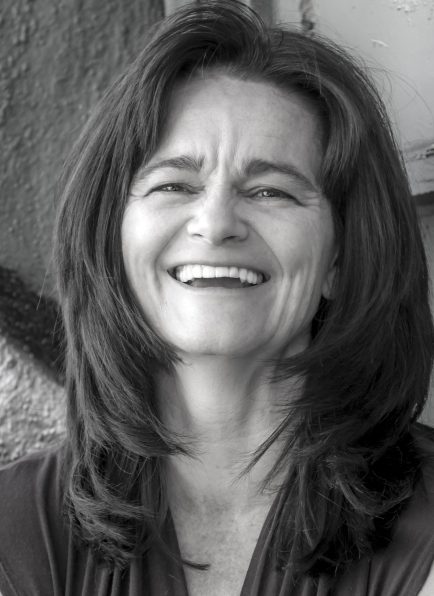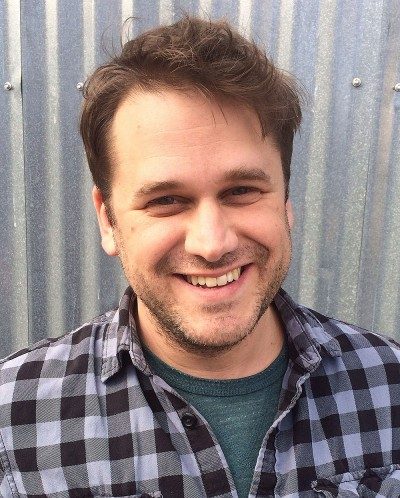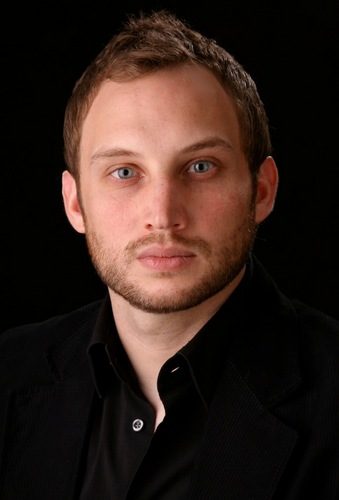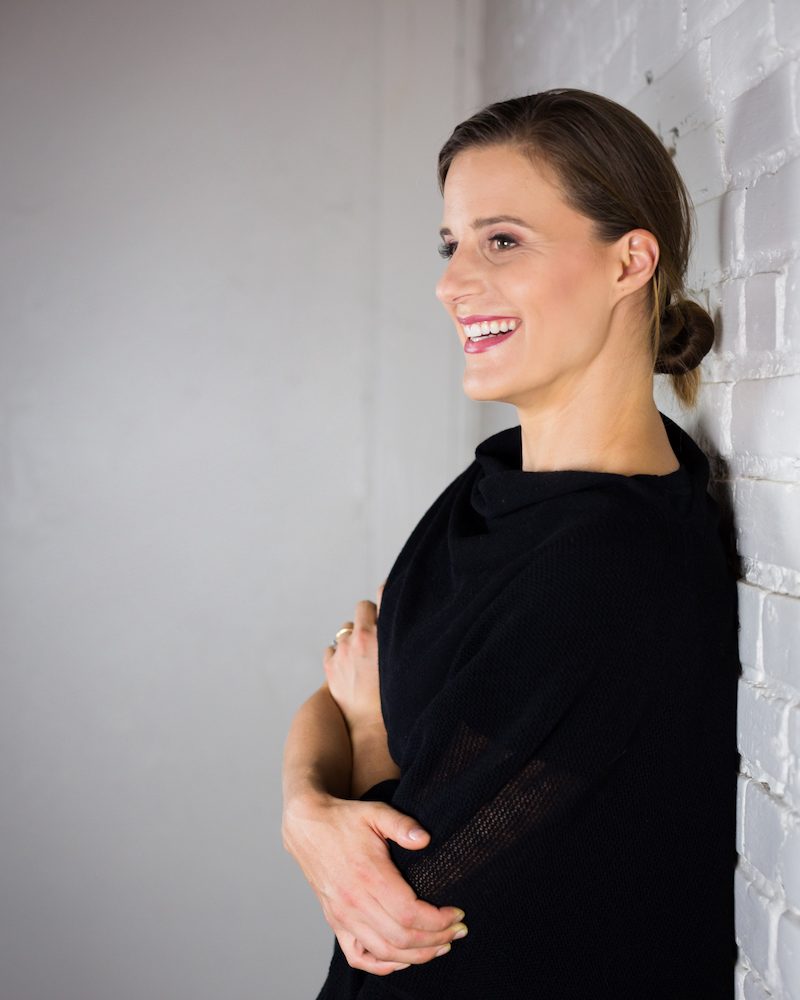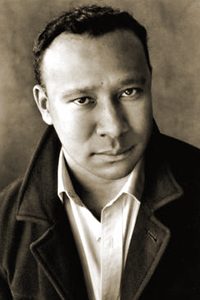
An excerpt from “Portrait in Nightshade and Delayed Translation” by poetry faculty member C. Dale Young, published by the Academy of American Poets.
Portrait in Nightshade and Delayed Translation
In Saint Petersburg, on an autumn morning,
having been allowed an early entry
to the Hermitage, my family and I wandered
the empty hallways and corridors, virtually every space
adorned with famous paintings and artwork.
There must be a term for overloading on art.
One of Caravaggio’s boys smirked at us,
his lips a red that betrayed a sloppy kiss
recently delivered, while across the room
the Virgin looked on with nothing but sorrow.
Even in museums, the drama is staged.
Bored, I left my family and, steered myself,
foolish moth, toward the light coming
from a rotunda. Before me, the empty stairs.
Ready to descend, ready to step outside
into the damp and chilly air, I felt
the centuries-old reflex kick in, that sense
of being watched. When I turned, I found
no one; instead, I was staring at The Return
of the Prodigal Son. I had studied it, written about it
as a student. But no amount of study could have
prepared me for the size of it, the darkness of it.
There, the son knelt before his father, his dirty foot
left for inspection. Something broke. As clichéd
as it sounds, something inside me broke, and
as if captured on film, I found myself slowly sinking
to my knees. The tears began without warning until soon
I was sobbing. What reflex betrays one like this?
[…continue reading “Portrait in Nightshade and Delayed Translation” at poets.org]


